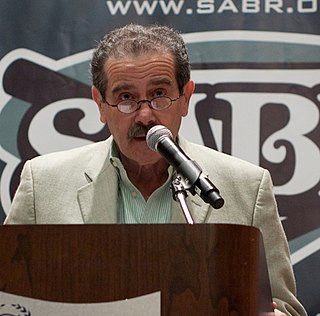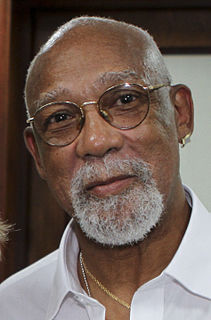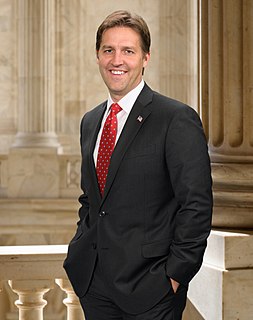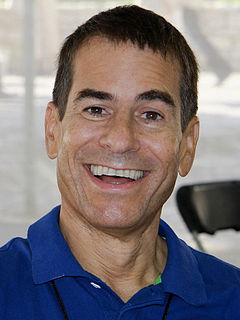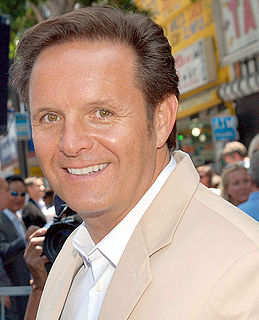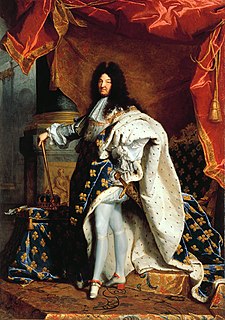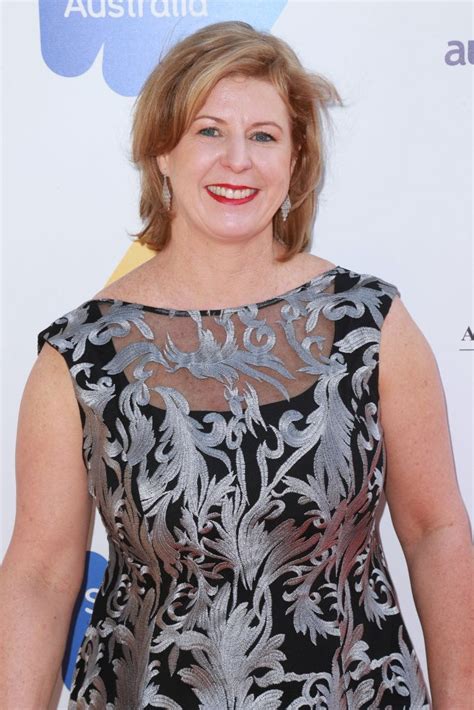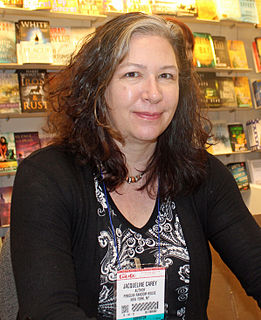A Quote by John Thorn
It says, I think, that at root that we're children, or we'd like to be. And the best of us each keep as much of that childhood with us as we grow into adulthood, as we can muster... And even after we're past the point of being able to play the game with any skill, if we love it, then it's like Peter Pan - we remain boys forever, we don't die.
Related Quotes
I know,” said Peter. “Perhaps better than anyone. But you can’t stay a child forever. To choose to speak into Echo’s Well is to choose illusion. To choose to avoid the responsibilities of being an adult. The real trick—the real choice—is to keep the best of the child you were, without forgetting when you grow up. “It is the best of both worlds, Jack. Being a child is to believe in magic everywhere… “…but even Peter Pan had to grow up one day.
Amory Lovins says the primary design criteria he uses is the question How do we love all the children? Not just our children, not just the ones who look like us or who have resources, not just the human children but the young of birds and salmon and redwood trees. When we love all the children, when that love is truly sacred to us in the sense of being most important, then we have to take action in the world to enact that love. We are called to make the earth a place where all the children can thrive.
It took some time for us to realize that [people] didn't particularly say they didn't like us or have the love for us that they had in the past, nor the respect. I think they chose to leave based on the fact that they felt a reprisal for being associated or having a friendship with John Carlos or Tommie Smith, or Peter Norman, for that matter.
I think girls from a young age know what they want, and boys kind of have to keep up and catch up to them. Even in kindergarten, girls are pretty much the ones that like the boy first and the boys are like, 'Oh, I want to play with my trucks.' They think it's not cool. I think girls are definitely more ahead than boys.
How tragic it is that so often we stop everything just as we reach the starting line. We must move past the narcissistic preoccupation with getting the love we think 'works' for us. The point of love is to make us grow, not to make us immediately happy. Many of us have forsworn the chance for the deepest love in reaching out for the easier one.
You know, you hear about these movements for women, and for children, and for people who are any race but white, and you think that it's about time that men got a movement. Think about it. Guys can't play the piano, or dance, or sing. We can't cry, or be too happy, or show any emotion for that matter. The only thing we have left to us is anger, and even that we have to bottle up. Boys should be able to express what they feel and not have to endure people laughing at them, forcing them to wonder if they're gay or not, just because they like to paint.
As Paul says, even though we as human beings know God, we refuse to acknowledge him. That's what Peter did. He refused even to "know" Jesus! Peter's failure reflects all our failure. It forces us to face the reality about ourselves. But the point of the story is that Jesus foretold this - he knew it was coming. And Jesus forgave Peter, when Peter confessed his love for Jesus. So the story illustrates both the horrible nature of sin, and the amazing reality of grace. That's essential to the whole meaning of the gospel.
We grow because the clamorous, permanent presence of our children forces us to put their needs before ours. We grow because our love for our children urges us to change as nothing else in our lives has the power to do. We grow (if we're willing to grow, that is: not every parent is willing) because being a parent helps us stop being a child.
Early love is exciting and exhilarating. It's light and bubbly. Anyone can love like that. But after three children, after a separation and a near-divorce, after you've hurt each other and forgiven each other, bored each other and surprised each other, after you've seen the worst and the best-- well, that sort of love is ineffable. It deserves its own word.
Whip us 'till we're on the floor, we'll turn around and ask for more, we're Phèdre's Boys! We like to hurt, we like to bleed, daily floggings do we need, we're Phèdre's Boys! Man or woman, we don't care, give us twins we'll take the pair! We're Phèdre's Boys! ...But just because we let you beat us, doesn't mean you can defeat us, we're Phèdre's Boys!
Someone with whom we have a lifetime's worth of lessons to learn is someone whose presence in our lives forces us to grow...those who consciously or unconsciously challenge our fearful positions. They show us our walls. Our walls are our wounds--the places where we feel we can't love any more, can't connect any more deeply, can't forgive past a certain point. We are in each other's lives in order to help us see where we most need healing, and in order to help us heal.
